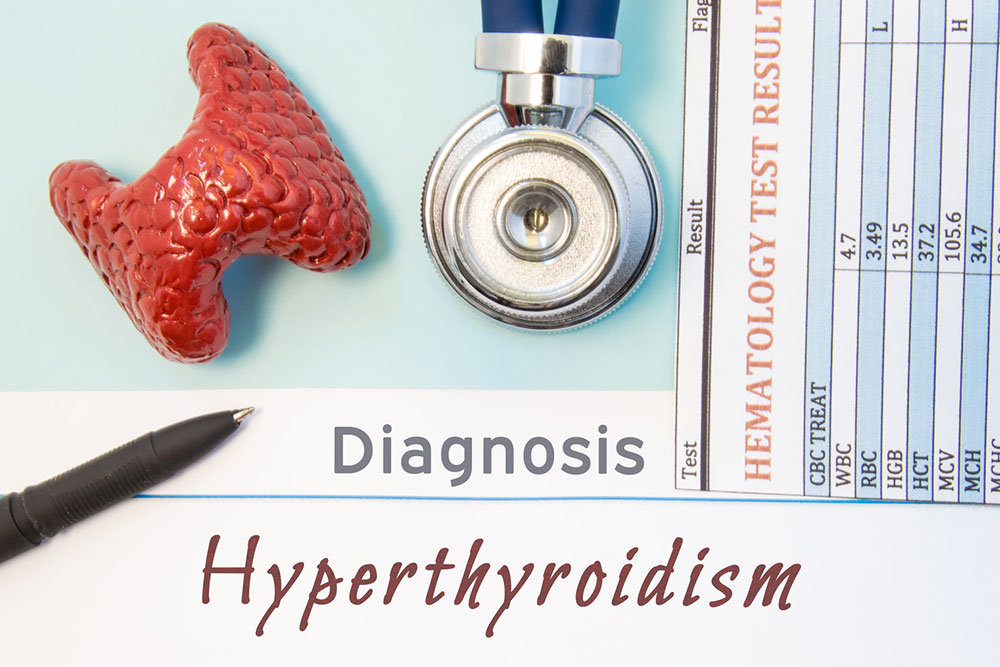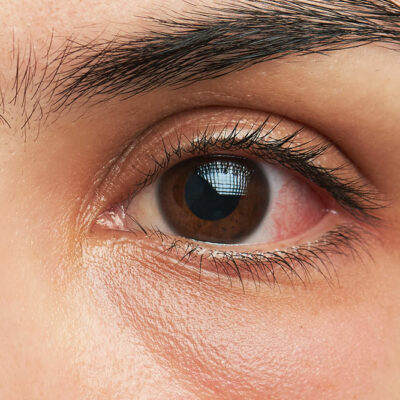
Foods to eat and avoid to keep hyperthyroidism in control
The thyroid is a butterfly-shaped gland in the neck. This gland regulates the metabolism and other functions of the body. It produces two hormones known as tetraiodothyronine (T4) and triiodothyronine (T3). These hormones control the energy consumption of the cells. When the thyroid gland overproduces both the T4 and T3 hormones, it leads to hyperthyroidism. Having a healthy diet can ease the symptoms of hyperthyroidism and aid in faster recovery.
Foods to eat
- Low-iodine food
Iodine is an essential mineral that aids in the production of thyroid hormones. Limiting the intake of iodine can help to reduce the production of these hormones and ease the symptoms of hyperthyroidism. Non-iodized salt, fruits, egg whites, unsalted nuts, oats, potatoes, and honey are some examples of low-iodine food.
- Cruciferous vegetables
These vegetables stop the thyroid gland from using iodine properly. So they are beneficial to reduce the production of hormones that cause hyperthyroidism. Bamboo shoots, broccoli, Brussels sprouts, kale, mustard, and collard greens are some cruciferous vegetables, you can include in your diet.
- Vitamins and minerals
Several vitamins and minerals such as iron, selenium, zinc, calcium and vitamin D are essential to maintain the health of the thyroid gland and keep hormone production in control. Include foods such as dried beans, green leafy vegetables, whole grains, a variety of seeds, nuts, oat bran, mushrooms, rice, poultry, beef, cashews, spinach, chickpeas, okra, calcium-fortified cereals and juices, fatty fish and vitamin D-fortified juices and breakfast cereals in your diet.
- Healthy fats
Unprocessed fats from whole foods reduce inflammation of the thyroid gland and balance the production of hormones. Include non-dairy fats such as flaxseed oil, olive oil, coconut oil, safflower oil, avocado oil in your low-iodine diet.
- Spices
Spices such as turmeric, black pepper, and green chilies are filled with anti-oxidants, which reduce inflammation and keep hormone production in check.
Foods to avoid
- Excess intake of iodine
Eating food with iodine can worsen hyperthyroidism. Seafood and iodized salt have iodine that is more than the recommended dose for patients with the disorder. It is recommended to avoid seafood such as fish, prawns, crabs, lobsters, seaweed, sushi, algae, kelp, and agar-agar. Other foods that are high in iodine are dairy products, egg yolks, some types of food coloring, iodized water, and iodized salt. Some medications also contain high amounts of iodine, take the advice of your doctor before taking any of the medications such as cough syrups, amiodarone, and herbal supplements.
- Nitrates
Nitrates are chemicals that make the thyroid gland absorb too much iodine, which worsens hyperthyroidism. Nitrates are found in food such as processed meats, lettuce, celery, beets, parsley, spinach, cabbage, fennel, dill, carrots, pumpkin, cucumber, and leeks.
- Gluten
Gluten causes inflammation of the thyroid gland in some people. They should limit or restrict the consumption of foods containing gluten. Food such as wheat, barley, malt, rye and brewer’s yeast are best avoided.
A healthy diet and regular exercise can help relieve the symptoms of hyperthyroidism and help patients to lead a healthy life.


